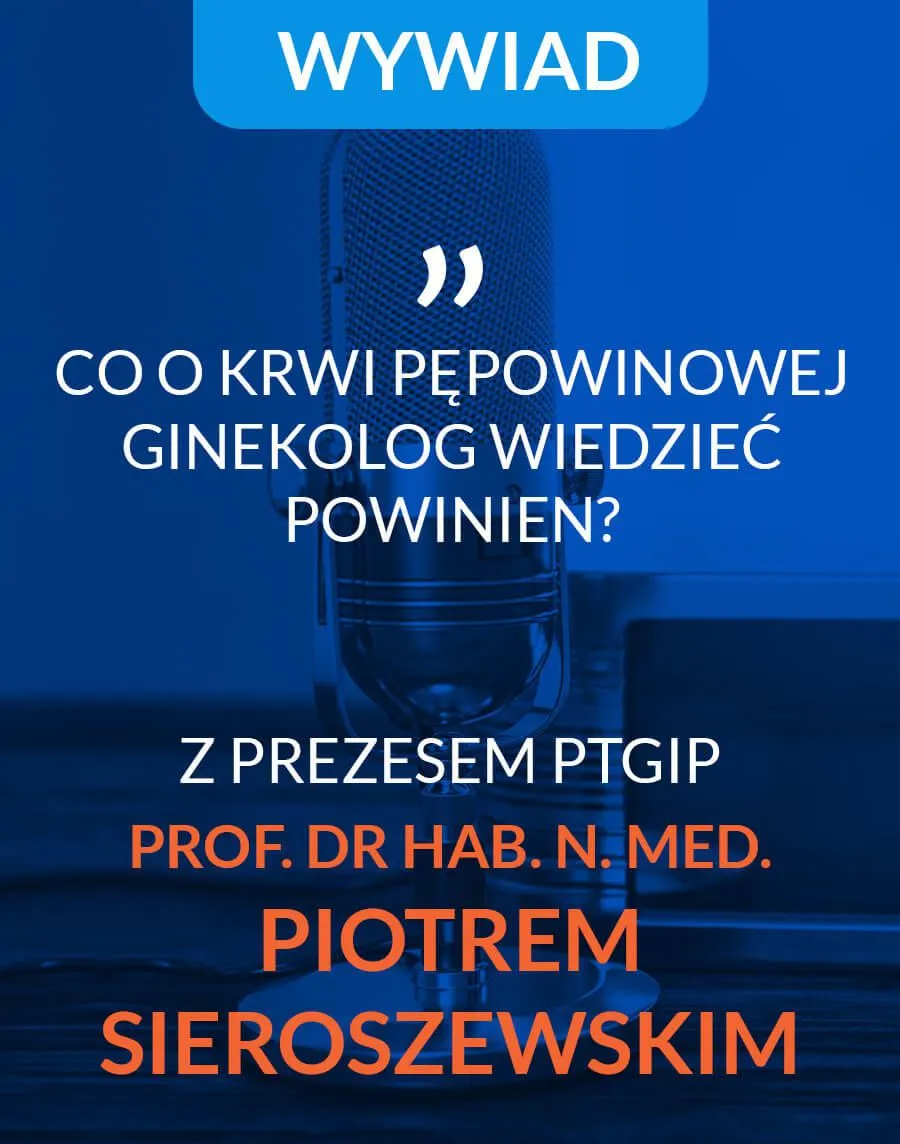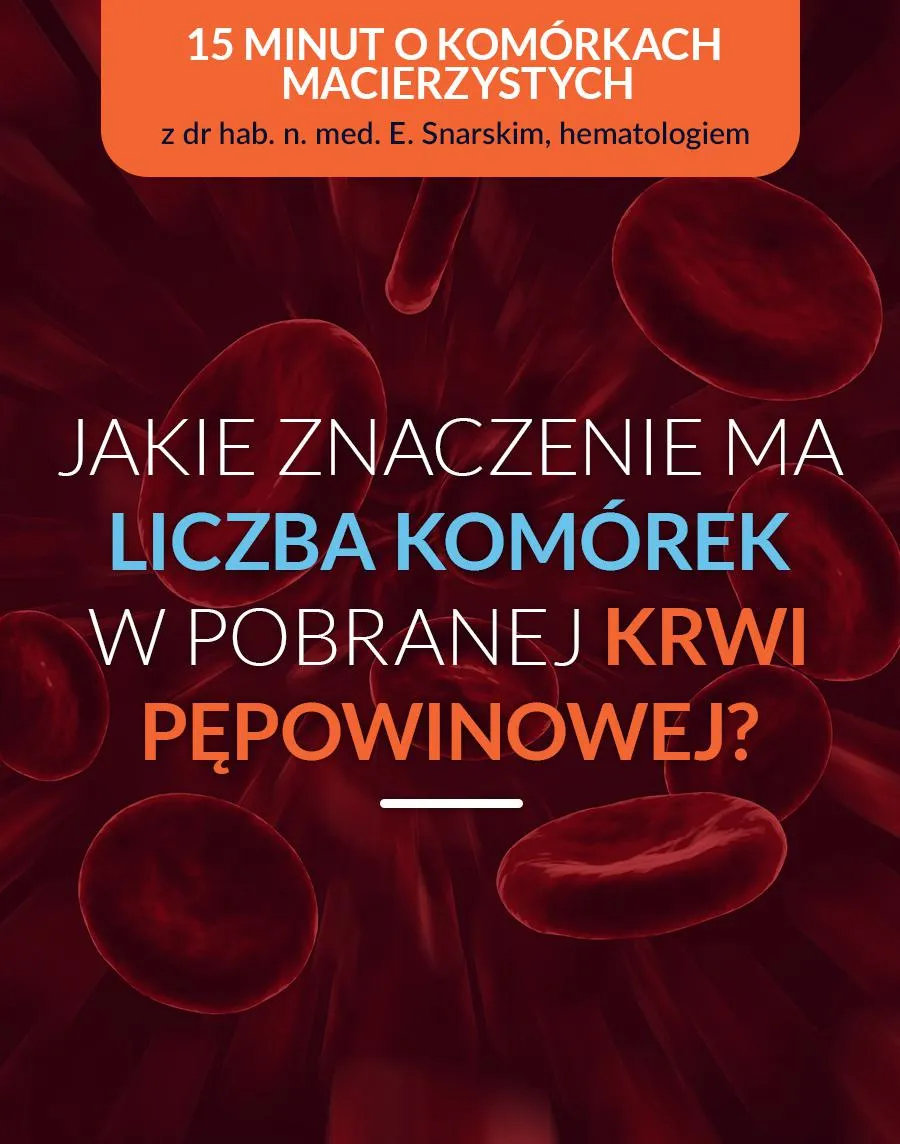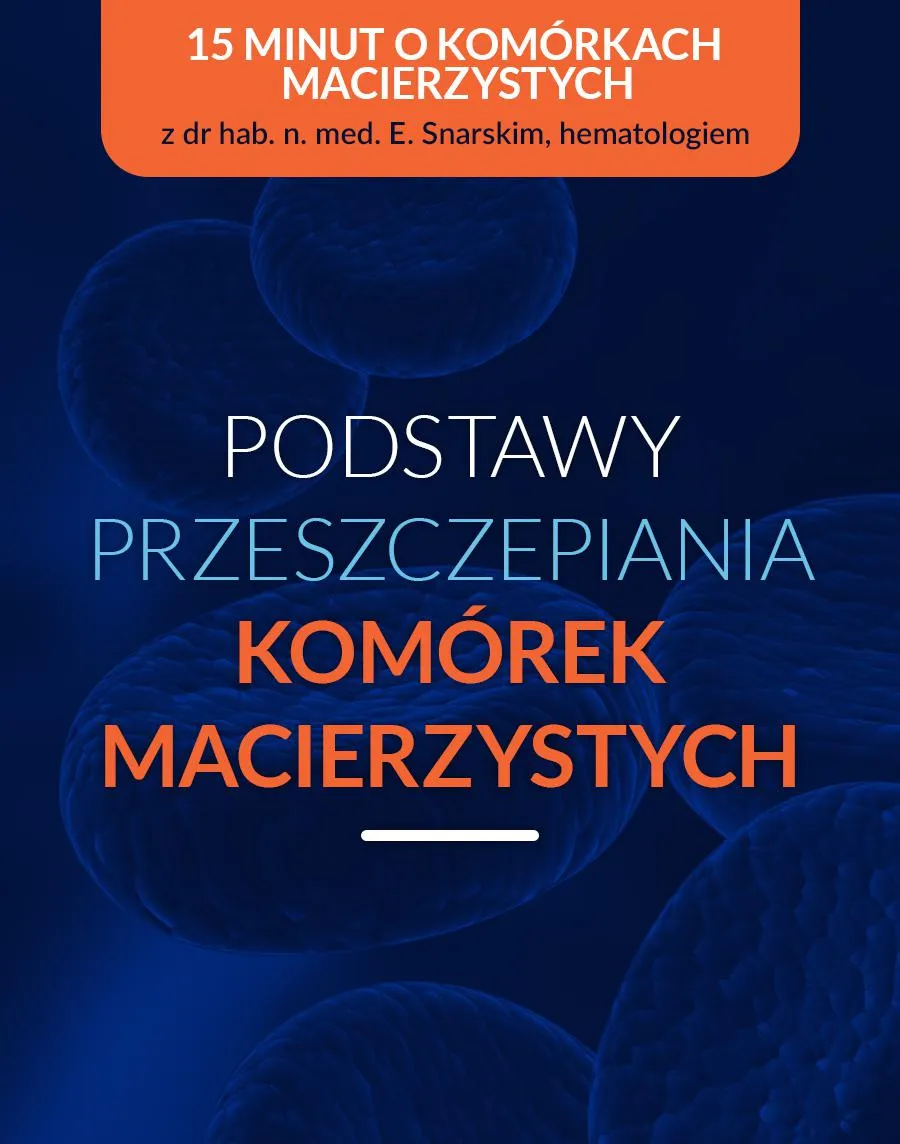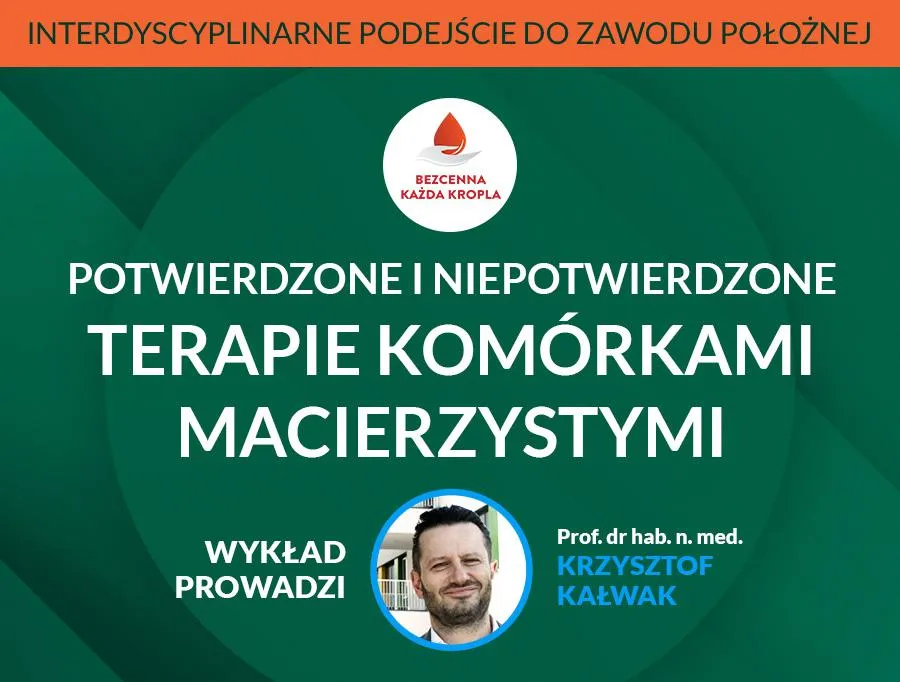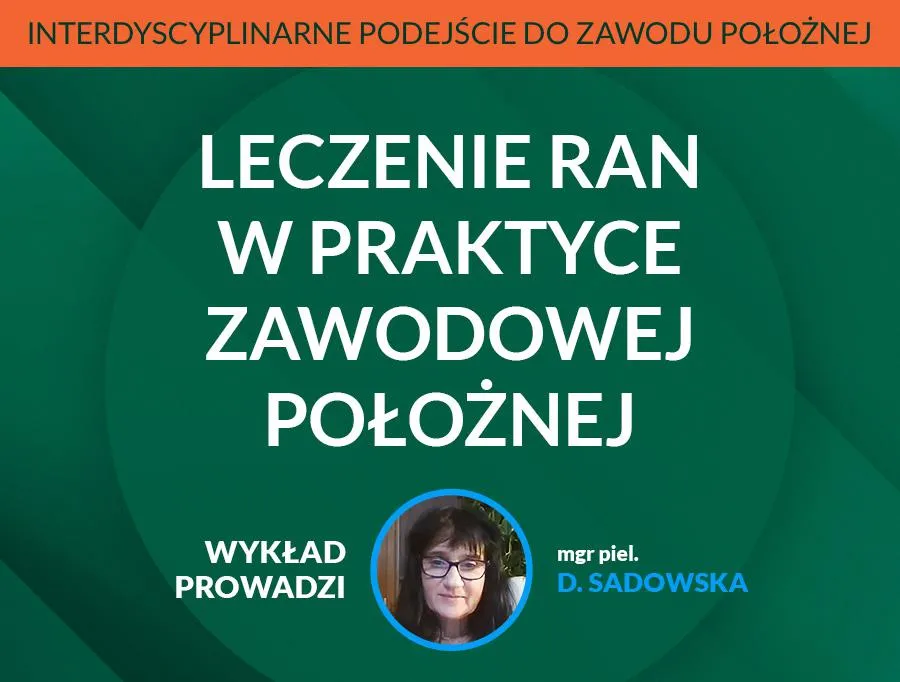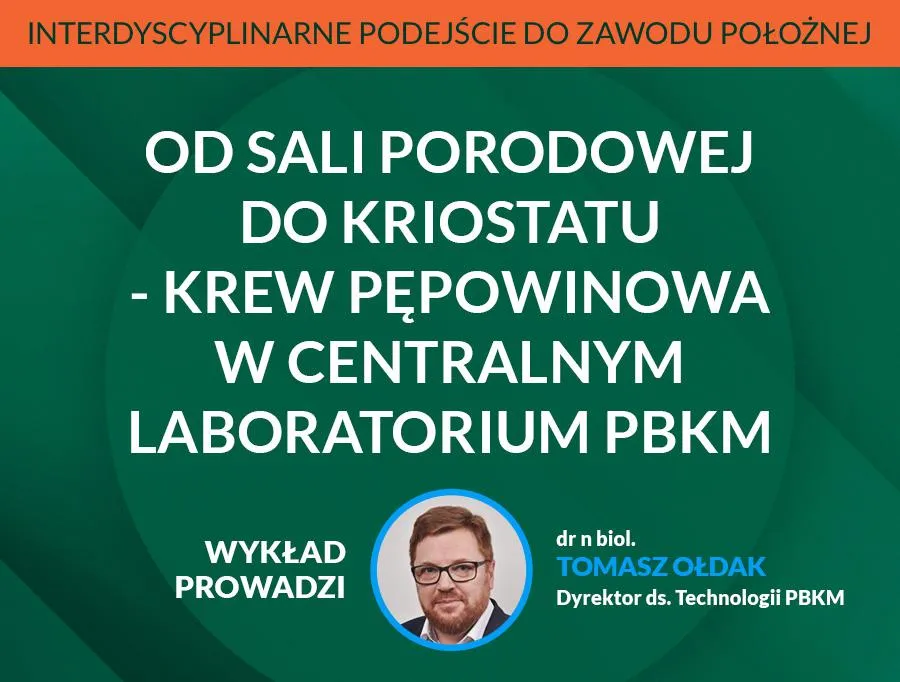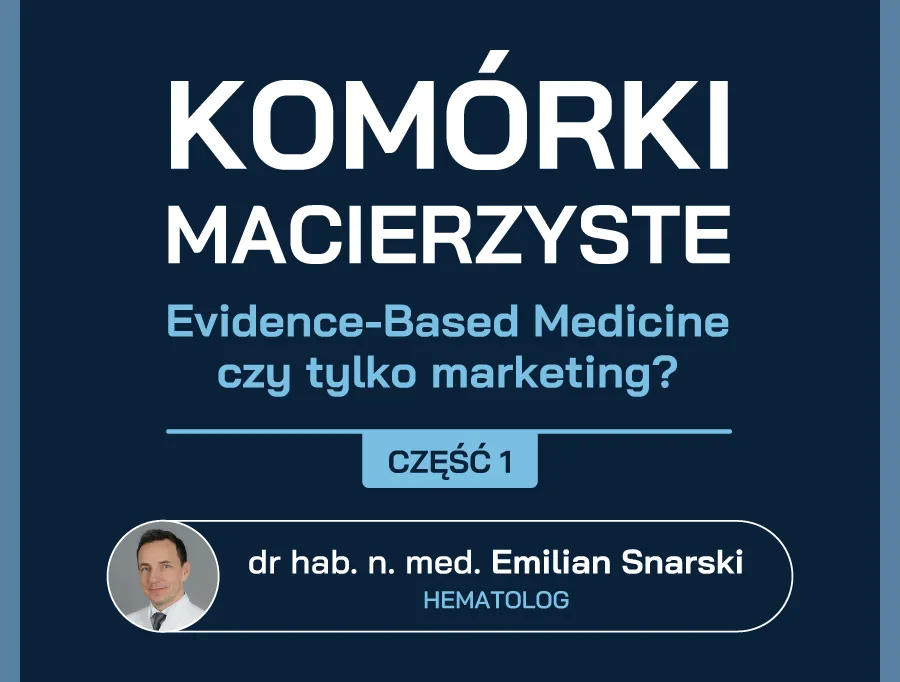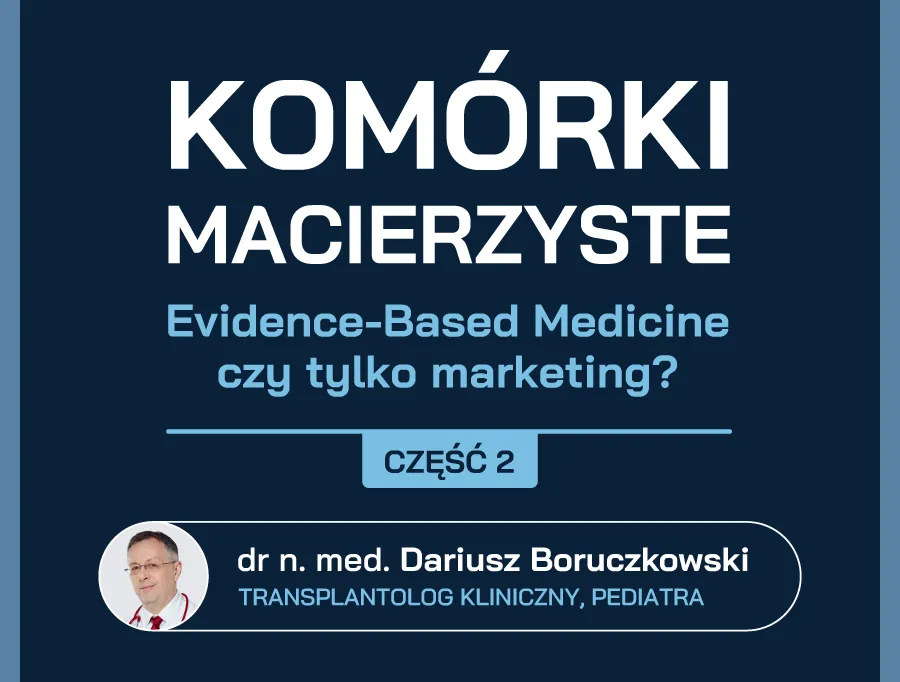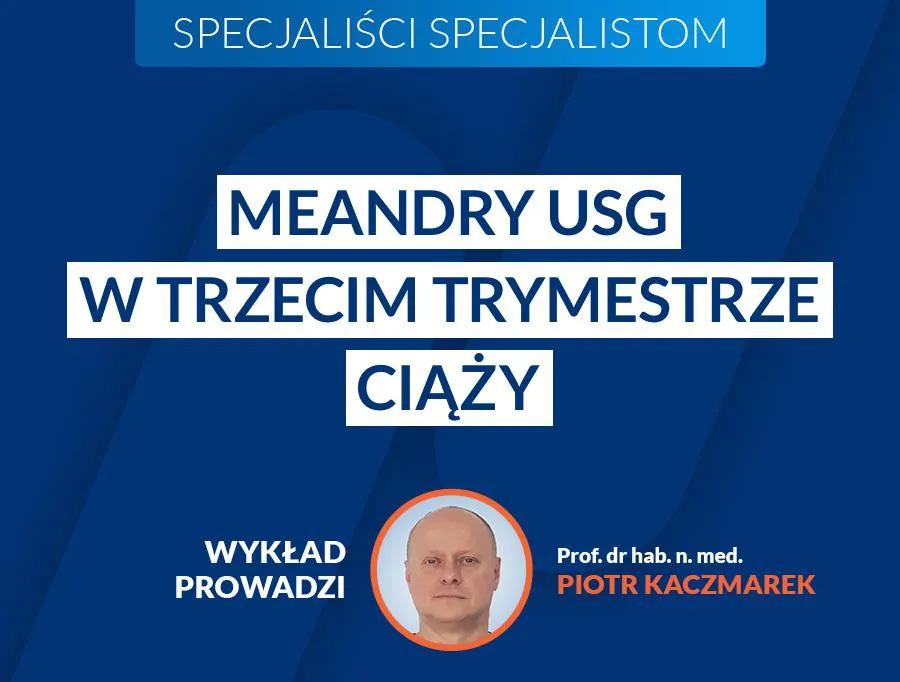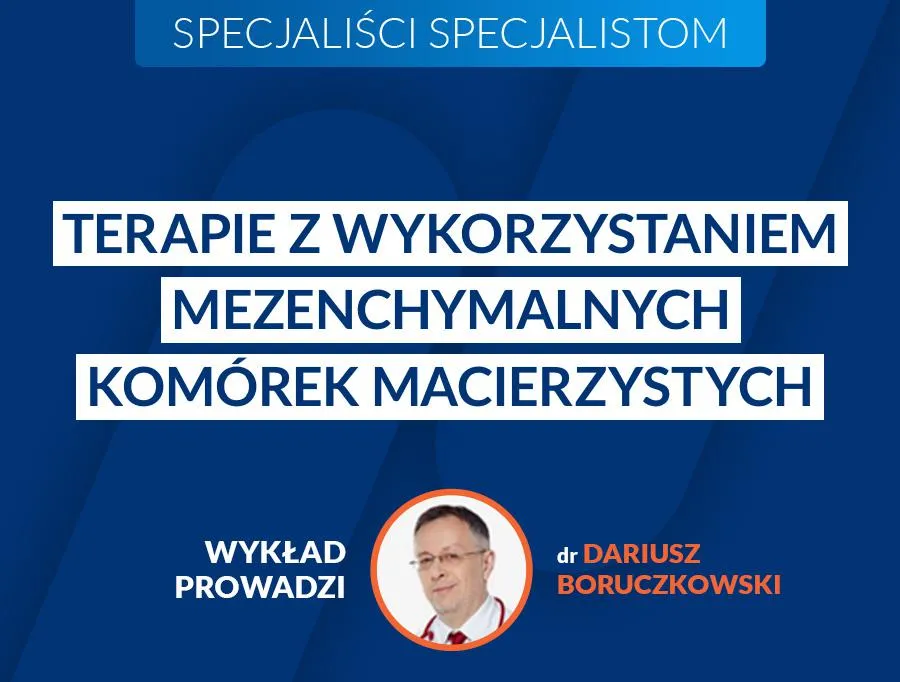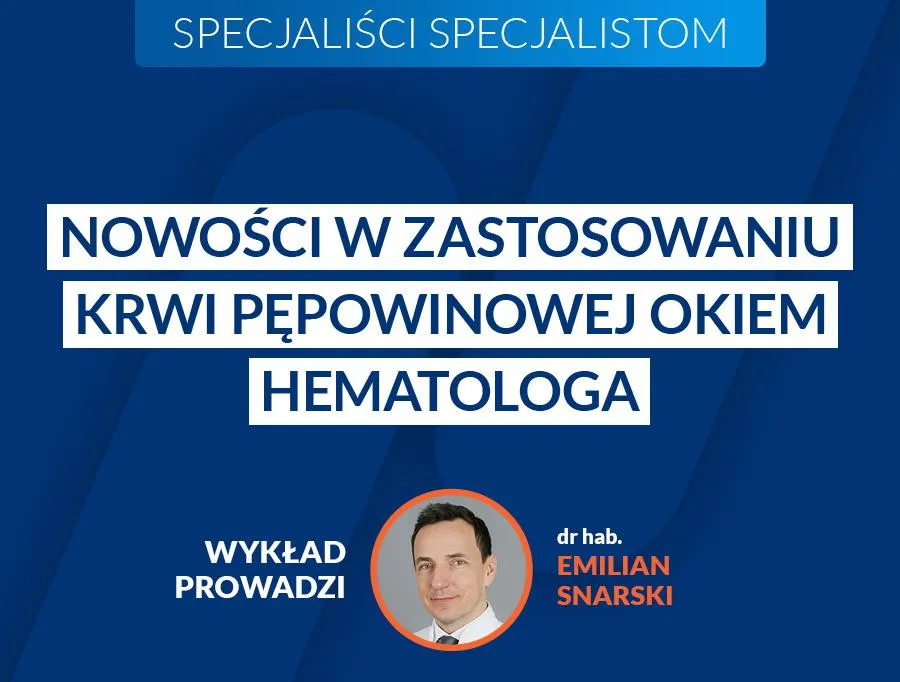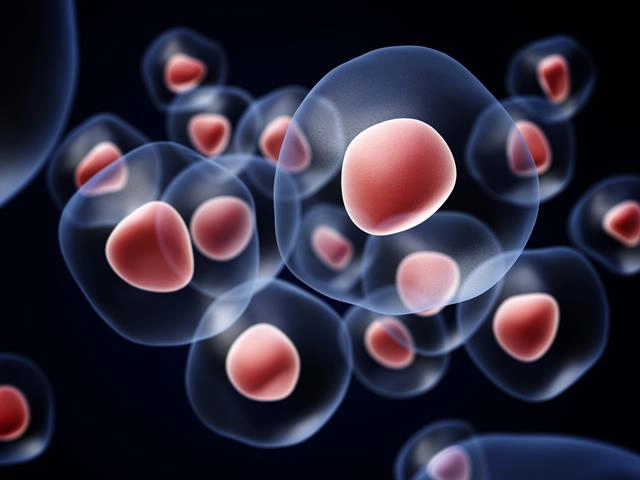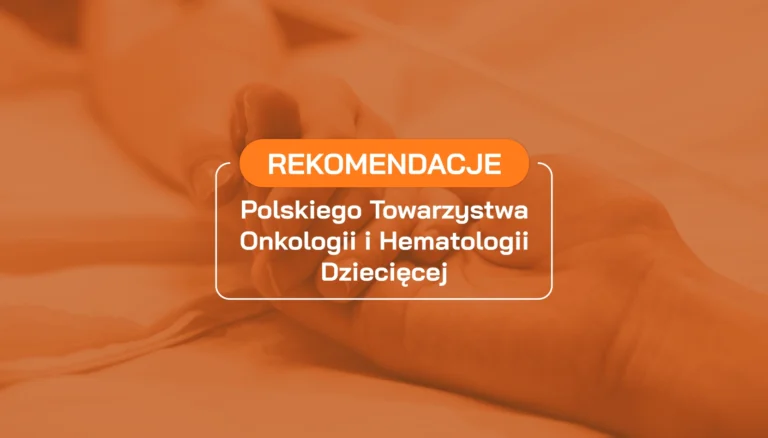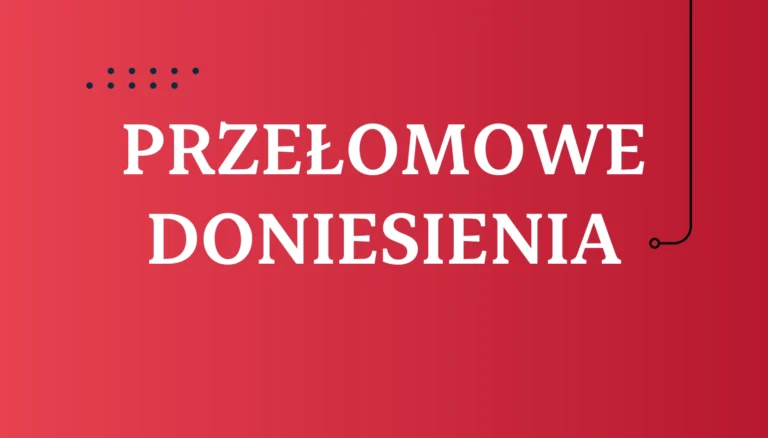Specialist
area
Dear Specialists
We dedicate this section to you. We want it to serve to help and inspire you in discussing with pregnant women the increasingly common topic of cord blood and cord cord banking and the use of stem cells in the treatment of diseases.
Polish Bank of Stem Cells, thanks to its specialists, is up to date with the latest reports on cord blood. We cooperate with Scientific Societies, Institutions and Transplantation Clinics.
Articles, medical news and research results
Facts and myths about stem cells
Blood collection
- How much blood is statistically drawn from one patient and “how much is enough”?
- Can stem cells be harvested at later stages of life?
- Can cord blood be collected from every newborn?
- Is the blood draw procedure complicated?
- What proportion of doctors / midwives in Poland are qualified to collect cord blood?
- Is it safe for the mother/baby to draw blood?
- Is there a risk of contamination of the blood on collection? What happens to such a sample?
- Does PBKM collect material from donations ? How is this done?
Preparation and storage
- What is the procedure / steps from taking to freezing the sample?
- How long can blood be stored?
- Where are the PBKM laboratories and what is their function?
- Can the genome of such cells be sequenced?
- Is there a risk of sample confusion?
- Do stem cells from cord blood multiply? Does PBKM have the know-how to do so?
- Is it true that when drawing blood from a newborn, you have to decide whether more blood will stay in the newborn or whether the sample will be large enough?
Treatment
- What is the procedure for using / preparing cells for treatment at PBKM?
- What percentage of the population suffers from diseases treated with stem cells?
- Can stem cells only be used by the donor?
- Can stem cells only be used for autologous applications?
- Which of the therapies used are already standard?
- How do standard treatments differ from experimental therapies? What material is then used?
- Who pays and how much do experimental therapies cost?
- What are the main developments in clinical research?
- What percentage of samples have historically been used in PBKM?
- What are the transplantation statistics?
- What is the probability of using the sample?
Other therapies
- What are other sources of stem cells?
- Differences / advantages / disadvantages compared to, for example, bone marrow therapy?
- Can ad hoc collection (e.g., fat, marrow) displace blood collection from newborns?
- What is the biggest technological/developmental threat that could cause customers to stop needing stem cells?
- Can you use your own blood (autologous transplants) instead of cord blood?
Other
- What are the advantages of a private bank over a public bank?
- Are there public blood banks in the world? Why don’t public blood banks push private banks out of business?
- What to look for when choosing a cord blood bank?
- Can PBKM use the harvested cells for its own purposes?
- Why are there sometimes negative opinions about private blood banks in the medical community?


Contact form
Do you have questions and want to know more? Would you like to meet with our consultant?
Feel free to contact us.
Feel free to contact us.




